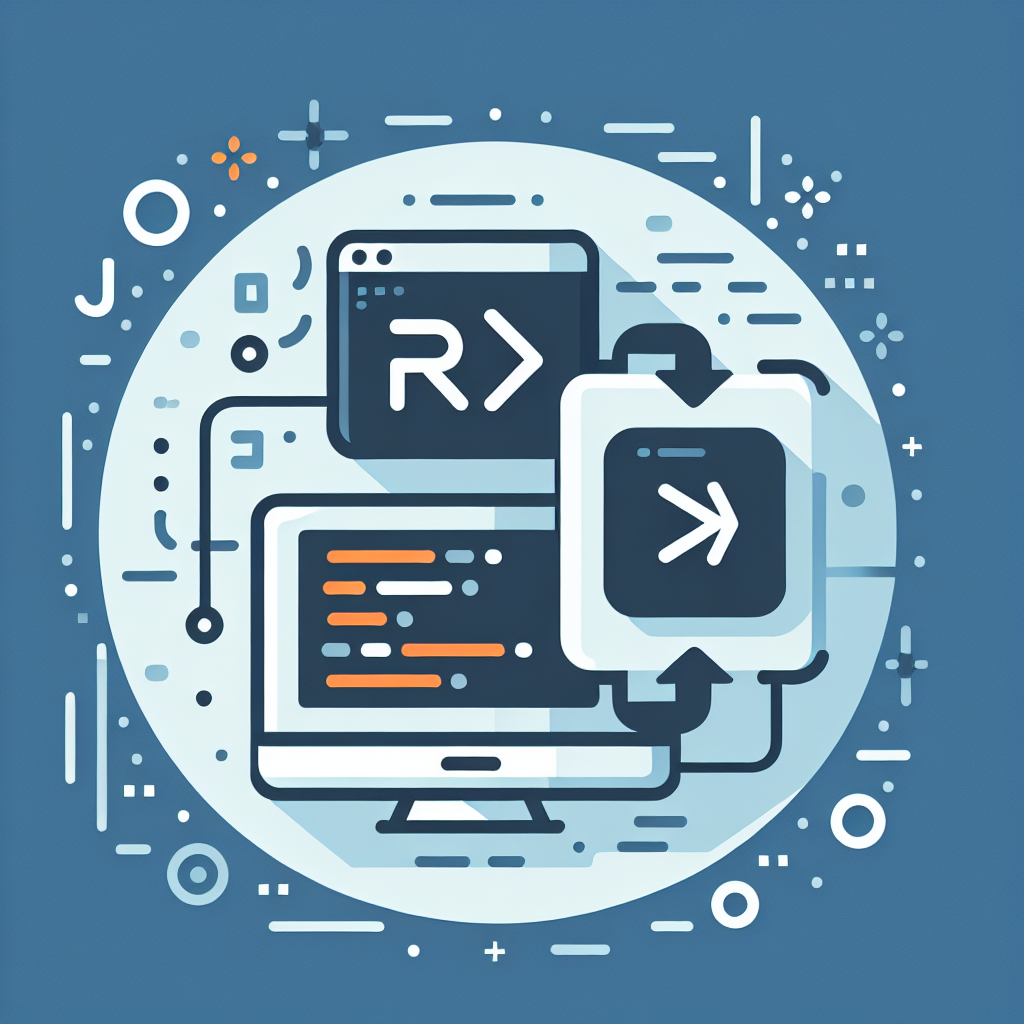Effortless R to Java Conversion Tool | Fast & Accurate
Effortlessly convert R code to Java with our powerful tool. Boost efficiency in data projects. Try it now for seamless language transformation!
Source Code
Converted Code
Output will appear here...
The R to Java converter seamlessly transforms R scripts into Java code, enhancing interoperability and broadening application scope for developers. Ideal for data analysts and software engineers, this tool streamlines cross-platform development, reduces manual coding errors, and boosts productivity. Enhance your workflow with this efficient solution for integrating Rs statistical prowess into Javas robust environment.

R to Java Conversion Tool Link to this section #
The 'R to Java' tool is designed for developers and data scientists looking to seamlessly convert R code into Java, enabling integration with Java-based applications and systems. This conversion tool supports a range of functionalities, ensuring that complex data analysis performed in R can be efficiently translated into Java's robust environment.
Key Features: Link to this section #
- Accurate Code Translation: Converts R scripts into equivalent Java code, preserving the core logic and functionality.
- Data Structure Mapping: Supports conversion of R data structures like vectors, lists, and data frames into Java arrays, lists, and hash maps.
- Function Conversion: Translates R functions to Java methods, maintaining parameter integrity and return types.
- Library Integration: Identifies R packages and suggests equivalent Java libraries, facilitating smooth integration with existing Java projects.
Benefits: Link to this section #
- Cross-Platform Compatibility: Leverage Java’s platform-independent nature to run previously R-specific analyses across different environments.
- Scalability: Java's capabilities allow for scaling applications effectively, making large-scale data processing more accessible.
- Performance: Benefit from Java's performance optimizations for computationally intensive tasks initially developed in R.
Example Conversion: Link to this section #
Here's a basic example of how the tool handles R to Java conversion:
R Code:
sum_vector <- function(x) {
sum(x)
}
Converted Java Code:
public class SumVector {
public static int sumVector(int[] x) {
int sum = 0;
for (int num : x) {
sum += num;
}
return sum;
}
}
Usage Tips: Link to this section #
- Ensure that your R code is well-commented and documented to facilitate smoother conversion.
- Familiarize yourself with Java equivalents of R libraries for a more efficient transition.
- Test the converted Java code thoroughly to ensure accuracy and performance.
Explore further Java libraries for enhanced functionality, and refer to R documentation for insights into your existing R scripts.
Frequently Asked Questions
What are the main differences between R and Java?
R is primarily used for statistical analysis and data visualization, offering extensive libraries for data science applications. Java, on the other hand, is a general-purpose programming language that is object-oriented and used for building a wide range of applications, including web, mobile, and enterprise solutions. R is dynamically typed and interpreted, whereas Java is statically typed and compiled.
Can I call R scripts from a Java application?
Yes, you can call R scripts from a Java application using interfaces like Rserve, Renjin, or JRI (Java/R Interface). These interfaces allow you to execute R scripts and pass data between Java and R, enabling seamless integration of R's statistical capabilities within a Java application.
Which language should I use for data-intensive applications: R or Java?
The choice between R and Java for data-intensive applications depends on the specific requirements of your project. If your application focuses on statistical analysis, data visualization, or needs support from extensive statistical libraries, R would be more suitable. However, if you need to develop a scalable, high-performance application with a focus on object-oriented programming, Java would be a better choice. In many cases, a combination of both languages can be used to leverage their respective strengths.